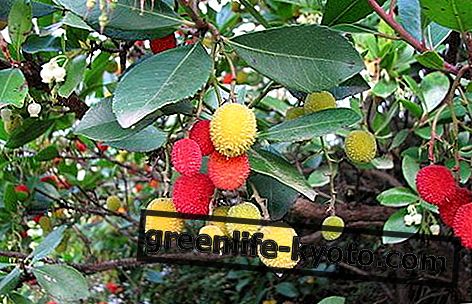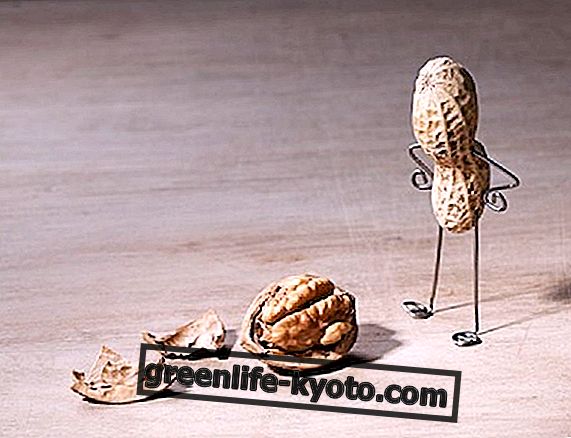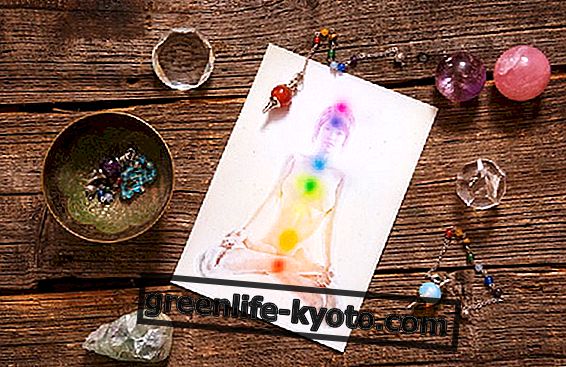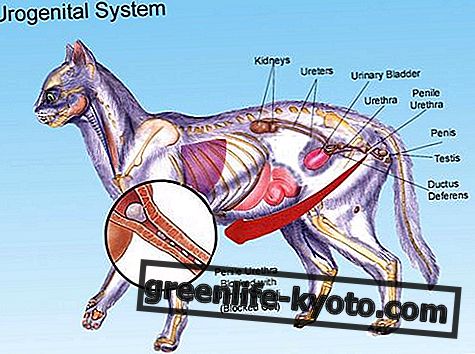
Depression is a mood disorder that has numerous symptoms and that, in mild cases, can be treated with herbal medicines. Let's see how to improve mood with hypericum and rodiola, two plants useful in the treatment of mild depression .
What is depression
Depression is a disorder of mood, emotions and thinking characterized by various symptoms including a sense of tiredness, irritability, guilt, lack of interest or pleasure in everyday activities, sad mood, crying and, in most cases severe, recurrent thoughts of death and suicide.
Depression can occur at any age, is of greater interest to women and can be classified as mild, moderate or severe depression.
The causes of depression are different and also concern biological mechanisms, not only psychological ones : for this reason, psychotherapy is associated with a pharmacological type of therapy.
In the case of mild depression it is possible to resort to herbal remedies to increase the mood . Using medicinal plants in the event of depression is certainly useful as antidepressant drugs have side effects that include insomnia, confusion, sedation, hypotension and arrhythmias: these side effects can lead to interruption of therapy.
There are several plants traditionally used for the treatment of depressive states ; among these, hypericum has proven effective in numerous studies in alleviating the symptoms of mild depression.
Hypericum and rhodiola to improve mood
Among the herbal medicines indicated for the treatment of mild depression and anxiety, hypericum ( Hypericum perforatum ) stands out, a spontaneous herbaceous plant from Europe and North America.
The hypericum drug, that is the part of the plant that has the highest tenor in active principles, is represented by the leaves and flowering tops, which contain hypericin, hyperforin, flavonoids, tannins and an essential oil.
According to studies, the antidepressant activity of hypericum is attributable to hyperforin, an active ingredient capable of inhibiting the reuptake of serotonin, dopamine and norepinephrine, probably by acting on non-specific transport mechanisms.
The increase in the concentration of these neurotransmitters at the level of the synapses that follows from the failed re-uptake, causes phenomena of neuronal plasticity that lead to the synthesis of receptors for these neurotransmitters .
This increase in receptor synthesis appears to be responsible for the antidepressant activity of hypericum and for this reason it is necessary to take hypericum for at least two weeks before having the therapeutic effect .
Hypericum is bought in herbal medicine and in pharmacies and is taken in the form of hydroalcoholic extract, capsules or tablets . Because hypericum has interactions with numerous medications, it is important to tell the herbalist or pharmacist if you are taking other medicines or supplements.
Besides the hypericum, to improve the mood the rhodiola root ( Rhodiola rosea ) is used; this plant is mainly used as an adaptogen, to increase the body's resistance to numerous physical, chemical and biological agents.
Rhodiola root contains organic acids, flavonoids, catechins, tannins and phenolic glycosides. In synergy with echinacea and other immunostimulating plants, rhodiola is used to prevent seasonal ailments while on its own it is used to combat mental fatigue, to improve general well-being and mood .
Rhodiola is purchased in herbal medicine and uses an extract to be taken for no more than four months .
Also read Magnesium, a mineral against depression >>












